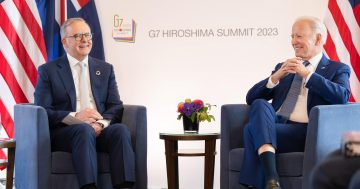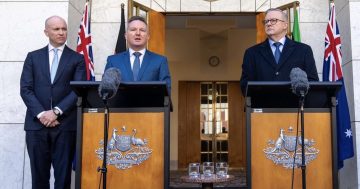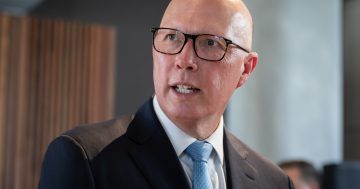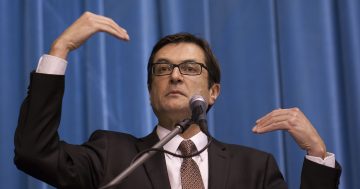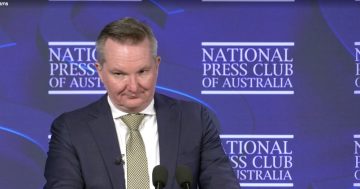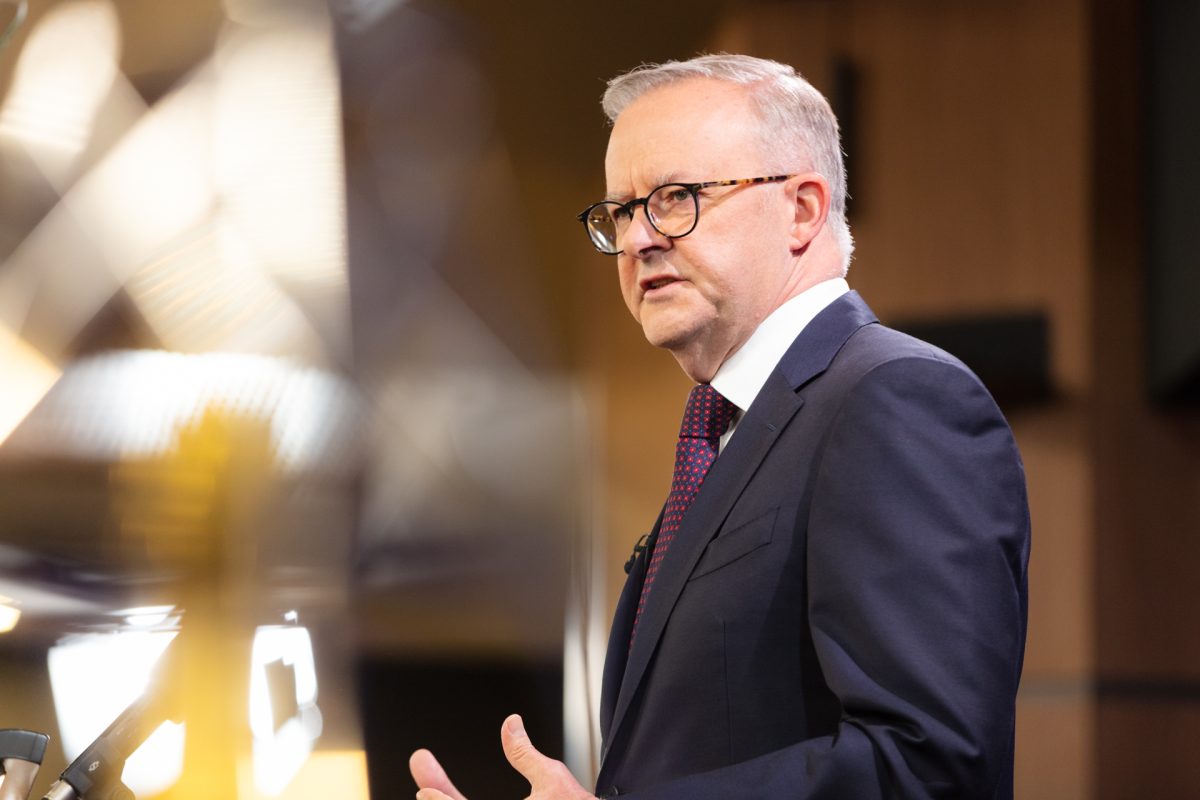
Prime Minister Anthony Albanese has signed Australia up to the Climate Club. Photo: Michelle Kroll (file photo).
Australia has joined the international environmental alliance known as the Climate Club, which was set up last year by German Chancellor Olaf Scholz and includes members of the G7 nations.
During an official visit to Germany ahead of the NATO summit in Lithuania, Prime Minister Anthony Albanese signed up to the club, whose aim is to achieve net zero emissions by 2050.
Australia joins the United States, United Kingdom, Japan, Canada, France, Italy, and Germany, along with Argentina, Chile, Colombia, Indonesia, the Netherlands and Luxembourg as members of the Climate Club.
The club holds high ambition to further international climate action by decarbonising industry.
Its aim is to help accelerate the implementation of the Paris Agreement targets and to encourage nations with bold climate goals to join forces as a way to speed up the transition towards net zero emissions.
Germany’s idea for a climate focussed club was to help to coordinate initiatives from other countries and the European Union, and address challenges arising from their individual projects.
Mr Albanese said he welcomed Chancellor Scholz’s invitation to join the club and was proud for Australia to be part of it.
He said it would complement Australia’s climate objectives and allow it to bring a unique regional perspective to global emissions reductions action.
“No challenge is of course more pressing than that posed by climate change. Australia and Germany are now united in our deep commitment to tackling climate change … .” the Prime Minister said.
“Australia and Germany have never been closer, and I have been honoured to visit Berlin and to meet with Chancellor Scholz.
“We discussed ways to draw our countries even more closely together, with a focus on trade, clean energy, defence and regional security.
“Australia and Germany are forging ahead and seizing the exciting opportunities of clean energy transition while delivering new jobs and export opportunities for both countries.
“We are united in our commitment to be ambitious about taking up the opportunities that come from acting on climate.
“My government has set the ambition for Australia to be a renewable energy superpower, but we also want to be a renewable energy export superpower, working with countries like Germany on the industries of the future.”
In a speech to the Berlin business community, the PM said there were few economies in the world as complementary as Germany’s and Australia’s.
“Our cooperation with Germany on hydrogen is a testament to this effort,” he said.
“We’re continuing to explore opportunities to export Australian green hydrogen and critical minerals to Germany – drawing, of course, on both German and Australian technology and know-how.
“Pursuing such opportunities means Australia and our trading partners can all benefit, and new downstream industries can contribute to Australian jobs and economic growth and to the global transition to net zero.”
Chancellor Scholz said, during a joint media appearance with Mr Albanese, he wanted Australia and Germany to cooperate across many areas into the future.
Climate change was one vital priority.
“We wanted companies from Germany and Australia to further expand cooperation on the production and transportation of green hydrogen,” he said.
“With their cooperation, Germany and Australia are making an important contribution to reaching climate neutrality.
“We also want to expand our existing energy partnership and develop it into a climate partnership in order to fight climate change even more effectively.
“I am delighted that Australia has announced its will to join the Climate Club.”














